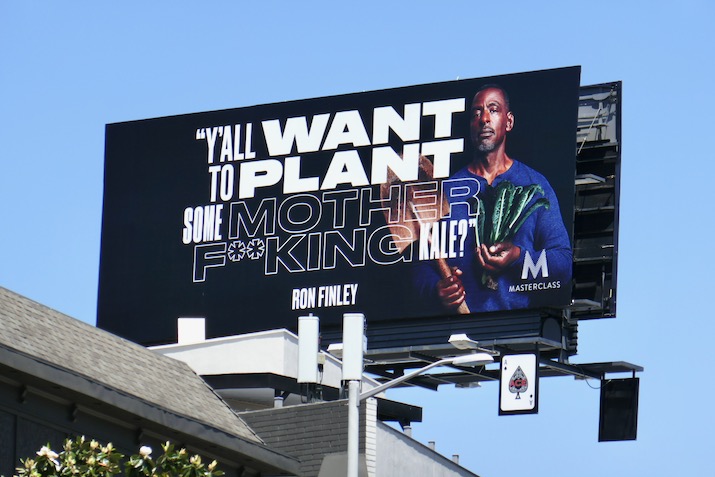
Ron Finley, the self-proclaimed gangsta gardener, refers to Genesis of the Bible, emphasizing that we all come from gardens. In this way, Finley practices an evangelical way of life, preaching urban gardening and curbside beautification to all. While it was no small feat to capture Finley’s contagious personality, I worked to carefully craft a narrative that both informed and inspired listeners to get their shovels and plant some sh*t.
After a snippet of Finley’s multi-million view TED Talk, I start by talking about his leadership style and what it represents for his community. Partially inspired by the Ella Baker quote “strong people don’t need strong leaders”, I highlight Finley’s commitment to community empowerment and providing the resources he can to encourage collective resiliency. After Finley’s TED Talk rose to such acclaim, he found himself in a precarious position needing to balance a national platform and maintaining his community-oriented work, a fine line he walks well.
As I turn to discuss Finley’s mission, I bring in another voice to the conversation. Chris Good and I discuss Finley’s commitment to action and how his constant doing provides a sense of urgency for the rest of his community to grab their shovels. We also transition into exploring the accessibility of Finley’s message as he argues that anyone—regardless of socioeconomic status or material possessions—can play a role in their own food system. There is a caveat, however, to this inclusivity. Finley uses the term “food prison” in lieu of “food desert”, yet this still seems to go along with Karen Washington’s thoughts that these terms limit the ability for potential when in reality they are often urban centers ripe with possibilities. Before wrapping up the podcast and encouraging my listeners to go plant some sh*t, I explore how his work has transitioned since the onset of the pandemic, garnering a new set of subscribers to Finley’s infectious and effective message. And despite many considering his ideas to be “radical”, which would suggest that are overly progressive or potentially unattainable, I argue that the idea of growing one’s own food and having that sense of autonomy over one’s consumption patterns should be normalized, not radicalized. Finley doesn’t see himself as an underdog, and his “diabolical [but secret] plans to save the world” might just be enough to help us re-envision our food systems.
Abigail!! another amazing podcast!! I had known about Finleys background and work he did from the ted talk, which ive seen a gazillion times, but I didn’t know that’s how he gained most of his fame. I also learned about his role as an educator during covid, which I wasn’t aware of- it was nice to be updated on these things. I really liked that you interviewed chris, asking someone else to explain their perspective on Finleys goal was a good addition to the podcast and made me consider how I would summarize his work. In general I thought it was a very dynamic podcast between the snippets and the interview with Chris. Good work!
From the ted talk earlier this semester, I got a glimpse of Ron finely, his mission, and his character. From this podcast I liked how you talked about his commitment and his attitude toward fame and attention. How he didn’t let all the clout go to his head and just become a platform, like you said at the end of the day you’ll find him in his garden with his community members. I really like how you included the conversation, listening to you talk is nice but having some variety kept me engaged haha.